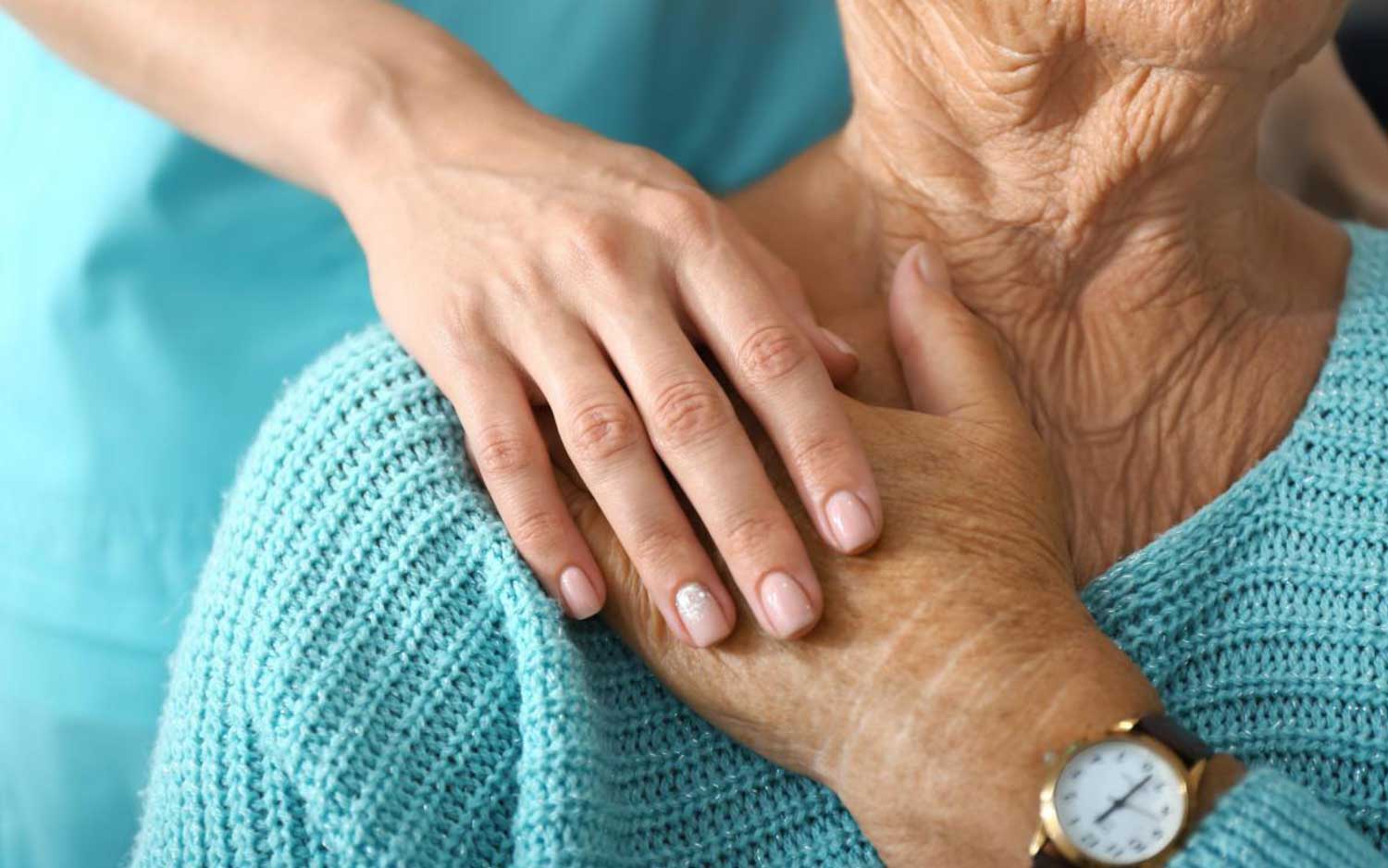Tips for Maintaining Your Mental Health

Increased isolation, cognitive decline, and lapses in memory make seniors more susceptible to mental health problems. According to the CDC, approximately 20% of seniors ages 55+ experience mental health concerns such as anxiety, depression, or severe cognitive impairment. However, there are many ways seniors can boost their mental well-being on their own and/or with the help of attendants to sustain a positive quality of life. Here’s a closer look at how seniors can maintain their mental health.
6 Mental Health Tips for Seniors
1. Stick to a Routine
Structure helps seniors feel safe, secure, and in control of their time and energy. There is no stress associated with wondering what will happen next when there is a daily routine in place. In turn, seniors will feel more relaxed, decreasing the likelihood of developing health conditions such as cognitive decline, high blood pressure, anxiety, or depression.
2. Eat a Balanced Diet
Consuming healthy foods is not only important for remaining physically healthy and strong, but it also influences seniors’ mental health. Eating nutrient-rich foods such as lean protein, vegetables, fruits, and whole grains boosts energy levels and can significantly impact their mental well-being. In fact, a recent study found individuals with a poor diet were 39% more likely to experience major depressive episodes compared to those who had the best diet quality. Another recent study reported similar results: Eating more fruits, vegetables, legumes, beats, nuts, whole grains, fish, and olive oil reduced symptoms of depression among participants.
3. Get Enough Sleep
Sleep deprivation has profound negative effects on one’s mental health. Poor sleep is also an indicator of mental health issues such as depression and can heighten feelings of distress. Establishing a consistent bedtime routine helps seniors receive quality, uninterrupted sleep, which in turn will have a positive effect on their mental health. Seniors can try playing relaxing music, reading before bed, or avoiding screens an hour before bedtime to unwind.
4. Stay Connected With Loved Ones
Loneliness and feelings of isolation can lead to higher rates of depression, anxiety, cognitive decline, and suicide. The pandemic has made it more difficult to maintain relationships, but there are ways to stay in touch even while social distancing or traveling less. If seniors can see people in person, engaging in hobbies or simply scheduling meals together can help prevent loneliness.
Older adults can also remain close to family and friends through video chat apps like FaceTime, Zoom, and Skype, or use traditional methods like scheduling a phone call or writing letters. Taking an online class or attending a virtual club meeting are also great virtual ways to connect with friends and strangers alike.
5. Engage in Hobbies
As we age, it may be harder to continue longtime interests depending on the activity, health conditions, and loss of strength. However, it’s beneficial to remain stimulated and active to avoid cognitive decline, loneliness, and mental health problems like depression. This is because maintaining interests and passions gives one purpose in life, especially in later years after retirement and childrearing are finished. Mentally stimulating, creative activities can help strengthen neural connections in the brain, sharpen thinking skills, and enable opportunities for connecting with others.
Fun, revitalizing activities can include:
- Cooking or baking
- Gardening
- Hiking
- Sewing, knitting, or crocheting
- Painting
- Learning to play a musical instrument
- Learning a new language
- Playing word, board, or card games
- Making photo books or shadow boxes
- Photography
- Birdwatching
- Yoga
- Dancing
6. Exercise
Low-impact exercises such as daily walks, yoga classes, dancing, and swimming can help seniors manage stress, anxiety, and depression. Exercise at any age helps release mood-boosting endorphins in the brain, and in seniors, physical activity also improves cognitive function, strengthens social ties, and reduces the risk of major health complications and injuries. Basically, the more active they are, the more active they will continue to be mentally and physically.
TruCare Homecare is a women-owned and family-operated business centered on providing compassionate in-home senior care in the greater Philadelphia area. Our facility offers adult day care services in addition to home health care services such as meal preparation, grooming, mobility assistance, and transportation. Caregivers are dedicated to creating meaningful bonds with clients and their families, offering tailored care plans that best benefit individuals’ health care needs. For more information about our services, call our office at 610-878-2273 or fill out a contact form.




